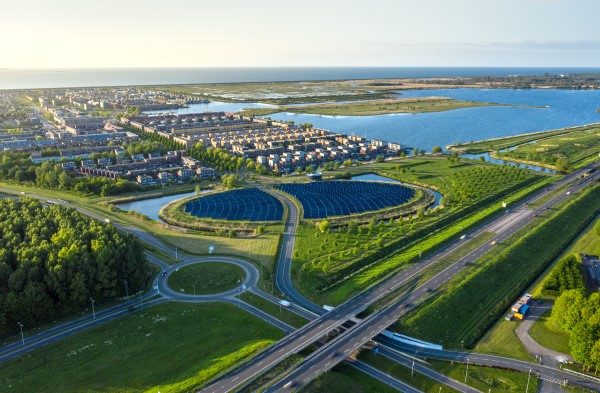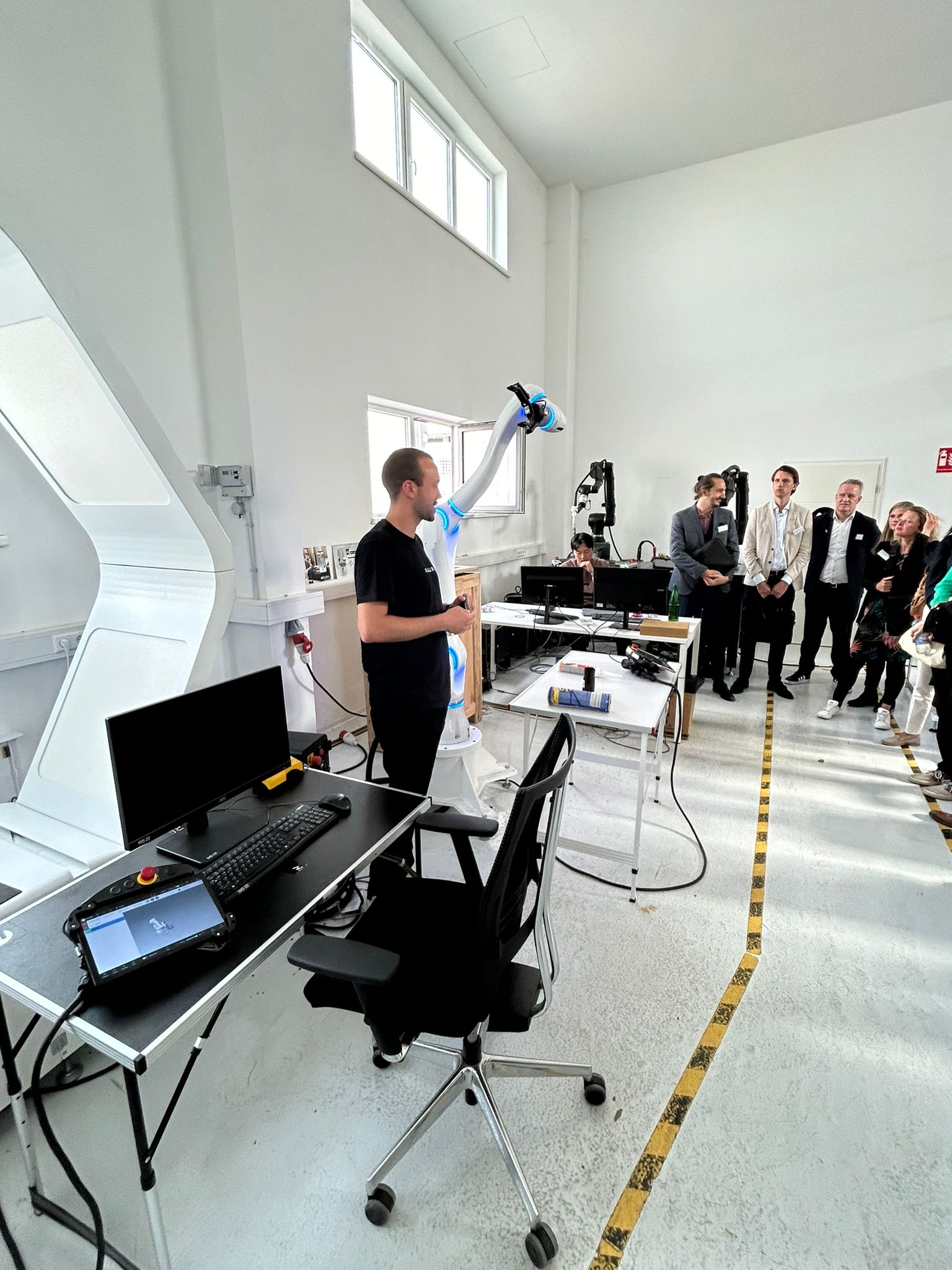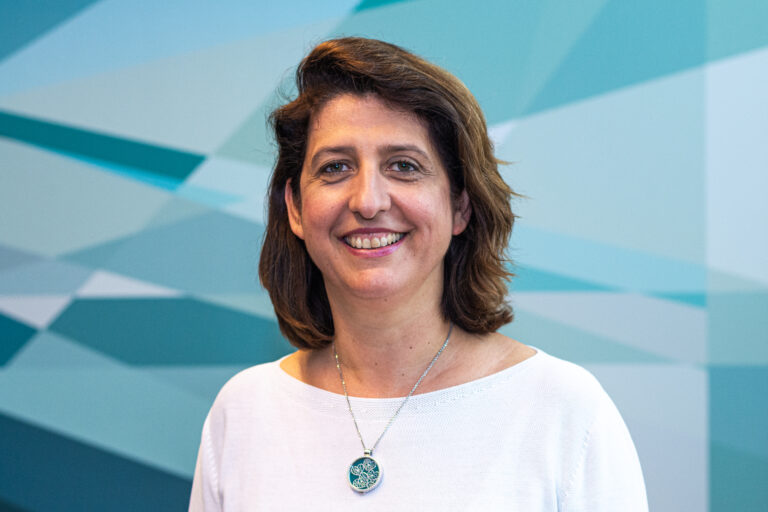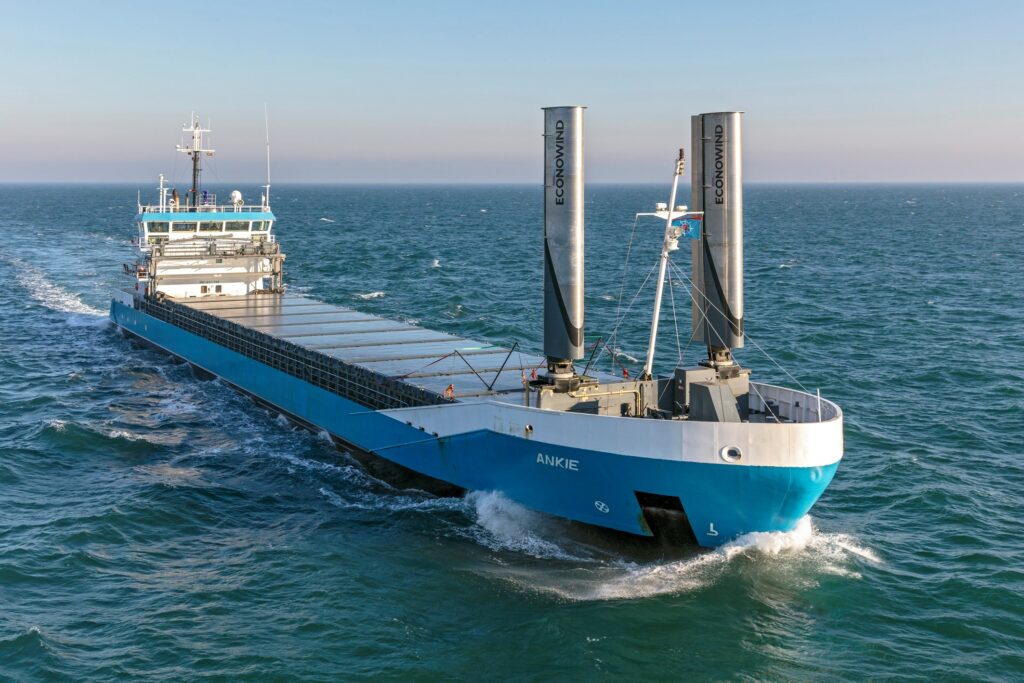What social challenges in AI are being worked on?
This ELSA lab is involved with the worldwide sustainable development goals (SDGs) of ‘Sustainable Cities and Communities’ and ‘Peace, Justice and Strong Institutions’. In the European sense, the ELSA lab fits in neatly with the challenge defined in Horizon 2020 of Inclusive, Innovative and Safe societies. The Dutch policy for key sectors primarily links it to the Knowledge and Innovation Agenda (KIA) for Social Earnings Capacity.
What types of solutions are offered to the end user?
This ELSA lab is developing solutions for municipalities and public institutions that want to develop urban digital twins that will have long-term social backing. The guiding concept is contestability by design, a methodology that makes it possible to construct and permanently reconstruct an AI application in consultation with users and stakeholders. To that end, the ELSA lab offers both key enabling methodologies and the technical design of urban AI.
What AI methods or techniques are used in the research?
The AI methods and techniques used by this ELSA lab are GIS, Reality Capture, the IoT, predictive analytics, 3D visualisation, simulation and machine learning.
Are we collaborating with other sectors?
This ELSA lab is part of the LDE Centre for BOLD Cities, which collaborates with various Dutch municipalities and their umbrella organisations, and with Dutch SMEs that are developing digital twins. Additionally, it works closely with the entire education chain, particularly the universities of applied sciences and secondary vocational institutions in the region. The ELSA lab has ties with the creative industry in particular.
What is the ultimate success this ELSA Lab can achieve?
The ultimate success of the ELSA Lab would be for the public value of contestability to become a natural part of urban AI design and when there are various well-developed and tested operationalisations in processes and products.
Awarded the NL AIC Label
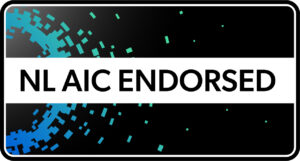 The Netherlands AI Coalition has developed the NL AIC Label to underline its vision for the development and application of AI in the Netherlands. An NL AIC Label formally recognises an activity that is in line with the aims and strategic goals of the NL AIC and/or the quality of that activity. NL AIC would like to congratulate the ELSA Lab Contestable Urban AI.
The Netherlands AI Coalition has developed the NL AIC Label to underline its vision for the development and application of AI in the Netherlands. An NL AIC Label formally recognises an activity that is in line with the aims and strategic goals of the NL AIC and/or the quality of that activity. NL AIC would like to congratulate the ELSA Lab Contestable Urban AI.
Partners
The following people are involved in this ELSA lab:
- Dr Achilleas Psyllidis, Delft University of Technology
- Dr Roy Bendor, Delft University of Technology
- Dr Jess Bier, Erasmus University Rotterdam
- Dr Thomas Swerts, Erasmus University Rotterdam
- Dr Carola van Eijk, Leiden University
More information?
If you’re interested in this ELSA lab, please contact Achilleas Psyllidis. If you would like more information about human-centric AI and the ELSA concept, please go to this page.
